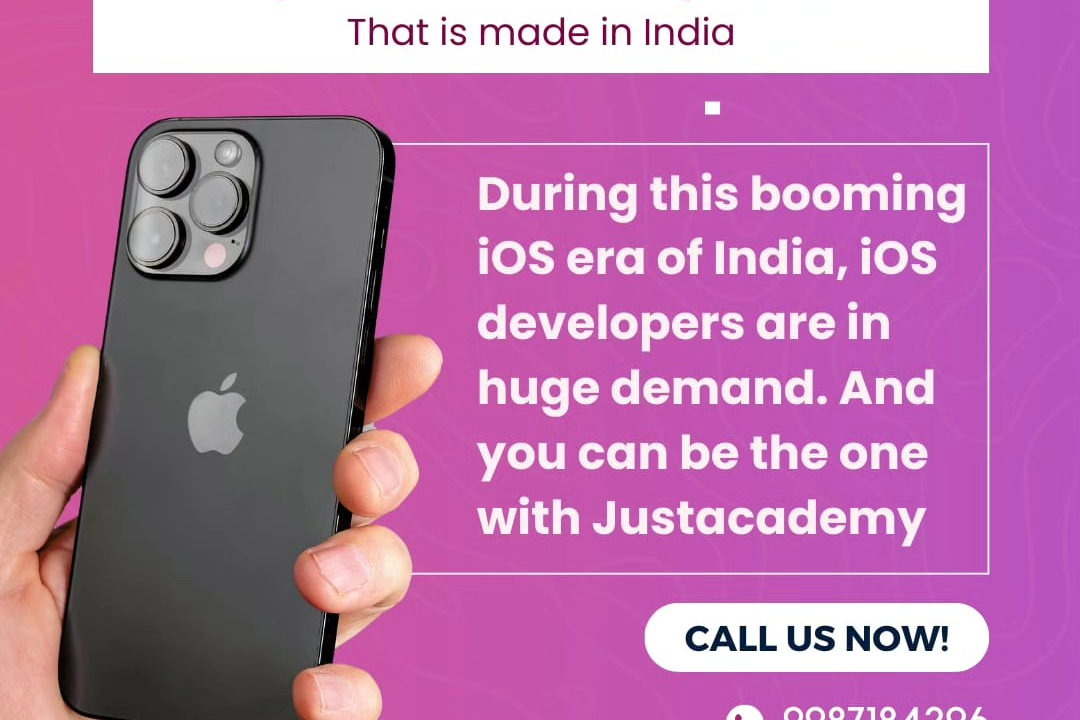Flutter Application Support Strategies
Effective Strategies for Supporting Flutter Applications
Flutter Application Support Strategies
Flutter application support strategies encompass a range of best practices and methodologies aimed at ensuring the long-term stability, performance, and usability of applications built with the Flutter framework. These strategies typically involve implementing rigorous testing protocols, such as unit tests, widget tests, and integration tests, to catch bugs early in the development process. Effective state management solutions like Provider, Riverpod, or Bloc can enhance maintainability by managing the app’s state in a predictable manner. Regular updates and adherence to Flutter's evolving best practices help in leveraging the latest features and security enhancements. Additionally, comprehensive documentation, user feedback mechanisms, and community engagement can facilitate ongoing support and improve user satisfaction. Emphasizing performance optimizations and responsiveness ensures the app delivers a smooth user experience across different devices and screen sizes, thereby reinforcing user engagement and retention.
To Download Our Brochure: https://www.justacademy.co/download-brochure-for-free
Message us for more information: +91 9987184296
1 - Understanding Flutter Fundamentals: Introduce students to the basics of Flutter, including Dart programming language, Flutter widgets, and the framework’s architecture to build a solid foundation.
2) Hands on Projects: Encourage practical learning by organizing hands on projects where students can develop simple applications, enhancing their coding and problem solving skills.
3) Version Control Systems: Teach students to use version control systems like Git to manage their codebase, enabling collaboration and maintaining project history effectively.
4) State Management Techniques: Explore different state management approaches in Flutter (like Provider, Riverpod, Bloc, and GetX) to help students understand how to manage app state efficiently.
5) UI/UX Design Principles: Incorporate sessions on user interface and user experience design principles, guiding students to create visually appealing and user friendly applications.
6) API Integration: Train students on how to consume RESTful APIs and work with JSON data, a critical skill for creating dynamic applications that interact with back end services.
7) Testing and Debugging: Provide insights into the testing framework available in Flutter, including unit tests, widget tests, and integration tests, along with debugging strategies for efficient code troubleshooting.
8) Building Responsive Apps: Teach how to create responsive and adaptive layouts that work well on a variety of screen sizes and orientations, crucial for mobile development.
9) Deployment Strategies: Guide students through the process of deploying their Flutter applications on different platforms (iOS, Android, web) and understanding the steps needed to publish to app stores.
10) Performance Optimization: Discuss best practices for optimizing Flutter applications for performance, addressing aspects like lazy loading, efficient image handling, and minimizing rebuilds.
11) Community and Ecosystem: Introduce students to the Flutter community, resources, and ecosystems, encouraging engagement with forums like Stack Overflow, GitHub, and Flutter's official channels for support and learning.
12) Accessibility Considerations: Emphasize the importance of accessibility in app development, training students on how to implement features that make applications usable for individuals with disabilities.
13) Continuous Learning Resources: Provide a curated list of resources, including online courses, documentation, and tutorials, to support ongoing learning and skill enhancement beyond the training program.
14) Mock Interviews and Career Preparation: Organize mock technical interviews and resume workshops to prepare students for jobs in the industry, focusing on both technical and soft skills.
15) Feedback and Iteration: Establish a framework for students to give and receive feedback on their projects, fostering a culture of continuous improvement and collaborative learning.
These strategies will provide a well rounded Flutter application support training program, equipping students with the skills and knowledge they need to succeed in mobile app development.
Browse our course links : https://www.justacademy.co/all-courses
To Join our FREE DEMO Session: Click Here
Contact Us for more info:
Java Interview Questions for Selenium Tester 2024
Online Training For Android Meerut
Android training pollachi
Java Collections API
Flutter Application Design Principles











